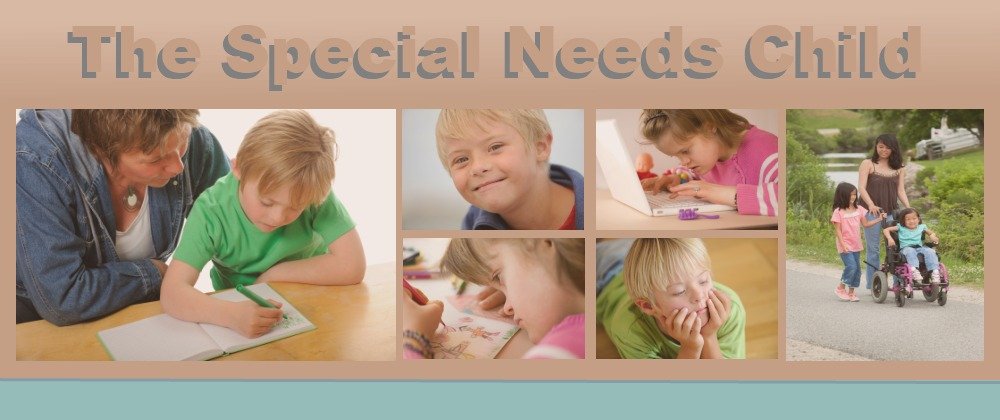|
Protect your Childrens Emotional Wellbeing

In our effort to balance very full and hectic lives with our families and jobs, we may have neglected a very important part
of our child's life: their emotional well-being.
The first three years of a child's life is a critical time for a child, and the trauma of changing child care providers or having a
'part-time' parent float in and out of their life can be very traumatic and destabilizing for them.
It is extremely important that parents, educators, involved adults and care providers make a concerted joint effort to ensure that a child's
emotional needs are met daily, just as their physical needs are.
The long term effects of not meeting a child's emotional needs, especially during the first three years of life, can have devastating
consequences.Violent, disruptive or defiant behaviors can result.
Keep in mind that children learn from what they see and what they live on a daily basis.
The first three years of a child's life are critical in a number of ways. This is when bonding and emotional separation takes place.
If there are disruptions in either of these processes, misbehaviors from the child or other extereme behaviour can result. This can
have an affect on their relationships later in life and hinder them in developing their own healthy relationships as adolescents or
adults.
During the first three years of life, the brain goes through its most rapid development ever, the likes of which will never been
experienced again. By the time they are three years old, a child's brain is aleady 'hardwired' from the experiences they've had to
that point. It's imperative that these be loving, supportive, safe, positive experiences so the brain will be conditioned to expect
positive things, in the future.
If they've been frightening, hurtful, abusive, or dangerous experiences, then the brain is conditioned to expect negative occurrences,
and your child will behave accordingly.
Therefore it's critical that parents, caregivers and other involved adults make a concerted effort to make sure the child's emotional
needs are met in a positive, constructive and healthy manner
Parents should ensure that the child's care providers are stable and consistent, and don't move them around to different childcare
providers during this important phase. Ensure a child feels safe and secure with structured and consistent schedules and routines.
Be sure to spend as much quality time with your child at this time as possible, regardless of your otherwise busy and hectic lifestyle.
A child can sense that such a schedule is stressful to you and it can become a frightening or confusing element for them.
Therefore it's important to take time out to reassure them that you're never too busy for them.
Always remember that your child's emotional wellbeing is just as important as their physical wellbeing, so do your part to ensure your
child knows he's growing up safe, secure, treasured and loved.
Return from Childrens Emotional Wellbeing back to Homepage
Return from Childrens Emotional Wellbeing back to Special Needs Articles
|





